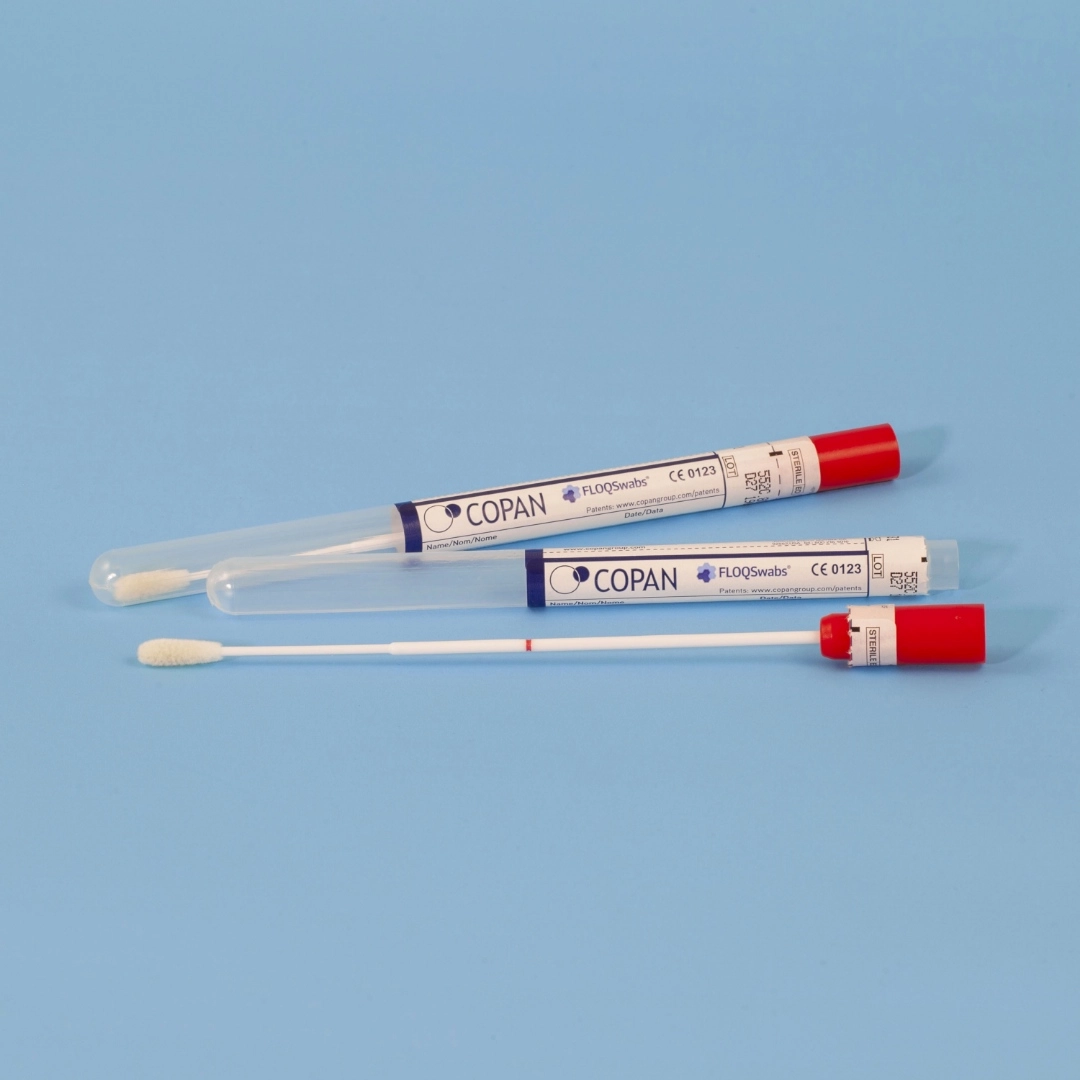Today, VCS Foundation reported a sharp decline in cervical cancer screening test numbers as an impact of the latest COVID-19 lockdown in Victoria.
It is understood that eligible Victorians are anxious about prioritising screening which typically involves visiting a Doctor or Nurse Cervical Screening Provider at a clinic.
To address these concerns and to ensure underscreened people are not disproportionately affected by the pandemic, VCS highlights the availability of its Home-Based HPV Self-Collection (HBSC) initiative.
Supporting HPV Self-Collection for Cervical Screening using Telehealth
Since August 2020, VCS has offered HBSC kits to eligible patients upon receipt of a pathology request form from their healthcare practitioner.
The HBSC initiative is designed to assist clinicians to enable underscreened women and people with a cervix to screen safely at home following a telehealth appointment. To be eligible for self-collection, the patient must be aged 30 years or older and overdue for a cervical screening test by two years or longer.
The impact of the COVID-19 pandemic has been marked in Victoria in particular, says Professor Marion Saville AM, Executive Director of VCS. “VCS Pathology processes around half of all cervical screening tests in Victoria. Recently, we’ve experienced a dramatic and concerning decrease in cervical screening tests as a result of Victoria’s fourth lockdown”.
“During a telehealth consultation, your patient should be asked whether they are willing and able to come into the practice for a screening test. If your patient declines, then home-based self-collection can be offered and testing facilitated through VCS,” Professor Saville said.
What practitioners need to know
Practitioners may wish to consider reviewing their patient database to identify unscreened and underscreened patients and proactively reach out to discuss cervical screening and offer HPV self-collection as an option.
The following steps explain how to offer Home Based Self-Collection (HBSC) during a telehealth consultation:
- If your patient can’t attend your practice for a screening test, then offer home-based self-collection.
- Explain to your patient how to take their test. Inform them they can call you or the practice nurse if they need further support.
- Complete the pathology request form noting ‘Home-Based Self-Collection’ in the clinical notes, and send it to VCS Pathology.
- VCS will check the patient‘s eligibility for self-collection on the National Cancer Screening Register.
- A HBSC kit will be sent to your patient including collection instructions and an Express Post envelope. The patient must return the sample to VCS Pathology within 28 days of collecting it.
- Patient results will be sent to your practice.
- If the patient has not returned their sample to VCS within one month, our team will call your practice so the patient can be followed up.
For more information: View our Self-collection Resources or contact an experienced Liaison Physician on [email protected] or (03) 9250 0309.
What patients need to know
It’s important to share the message that patients should not delay medical appointments. Early detection of all cancers is an important factor for treatment and outcomes.
Patients can take the test in the privacy of their own home without needing to visit a clinic, and with the support of their healthcare practitioner. The self-collection kit includes a pre-paid Express return envelope.
The following instruction sheet is provided by VCS to patients conducting home-based self-collection. HPV self-collection instruction sheets are also available in 8 other languages:

Other resources
National Cervical Screening Program – Self-collection policy
VCS Foundation HPV Self-Collection Clinical Audit
VCS Pathology cervical screening resources for practitioners





















